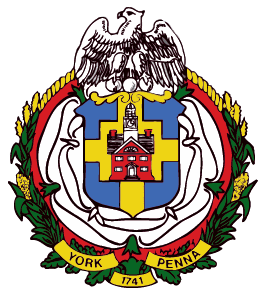ALL ZONING PERMITS/APPLICATIONS ARE NOW ON OPENGOV
Zoning refers to municipal code or local laws and requirements that govern how pieces of land can or cannot be developed and what use of land the developed area can serve. Municipalities create zoning regulations and classifications that dictate what type of properties can co-exist in a particular area to maintain the community’s health and public safety.
The municipality’s planning commission (and/or zoning board) helps create and optimize the structure of a city’s land development needs and land development standards. When making zoning decisions, the commission often consults the city’s master plan, which is a comprehensive document laying out a particular municipality’s current and future needs and goals. A master plan will consider a community’s transportation needs, economy, obstacles, and challenges. It will also include the people, homes, parks, and businesses that make up that community. Once a master plan is in place, a zoning ordinance can be created that draws on the goals and needs outlined in the master plan. A zoning ordinance helps put the city’s plans into action. It also lists the regulations and laws that will govern how the land can be used, land development standards for that zone, and maps the exact boundaries of the area’s zones.
Zoning and land use can be tricky spaces to navigate. Since zoning laws affect what can be done to a parcel of land and can be different from city to city, land developers doing business anywhere need to be familiar with local zoning laws.

